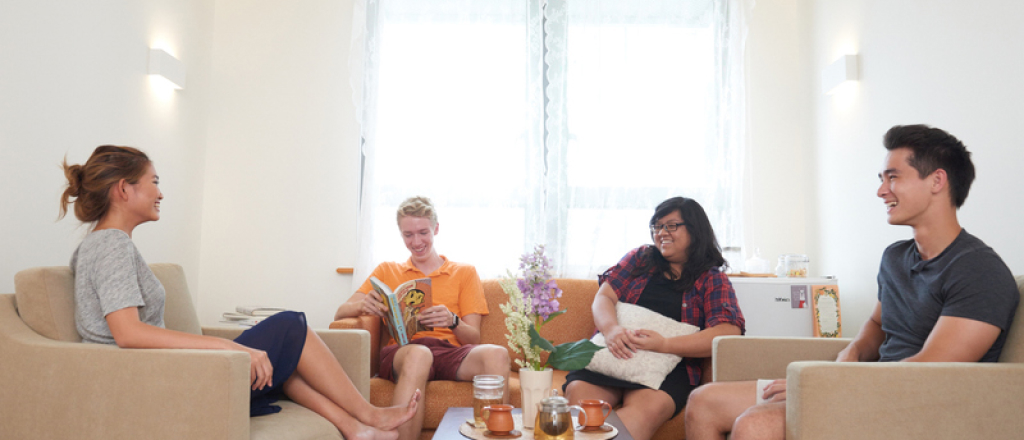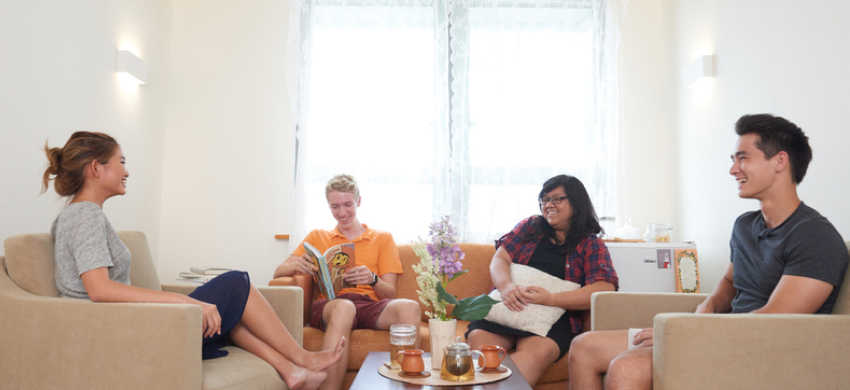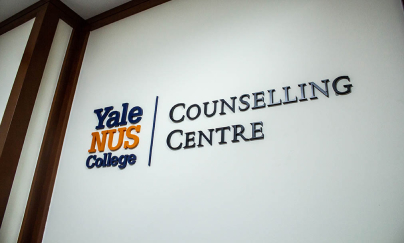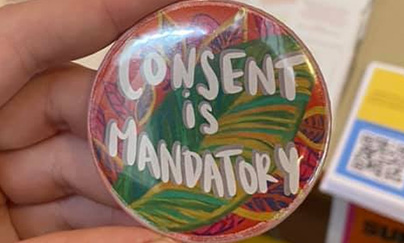Yale-NUS uses a holistic care and advising model to ensure that all students have support systems in place to thrive.
As a student at Yale-NUS College, you will have as many as four advisors at any time to support you in your personal development and to help you make decisions on academic issues and career plans. Your Assistant Dean is your primary advisor throughout your four years at Yale-NUS. You will also be advised by the staff of the Centre for International & Professional Experience (CIPE) according to their areas of expertise and your particular needs at a given time (e.g. finding learning opportunities off-campus, improving your curriculum vitae, or exploring post-graduate studies). You will also benefit from the advising and mentoring of different faculty advisors depending on your year level.
Additionally, there are numerous other opportunities to find support throughout your time on campus. Residential Life Officers (RLOs), Residential College Advisors (RCAs), and other peer support teams are available to provide an added layer of support and care.
Assistant Deans
Your primary advisor for academic matters and general well-being is the Assistant Dean (AD). Your AD will be the advisor who grants you permission to over- or under-load, take an Academic Leave of Absence (LOA), and drop courses; your AD is also the advisor to assist you with petitions to the Committee on Academic Standards (CAS). You will likely have much interaction with your AD beyond advising through the social activities.
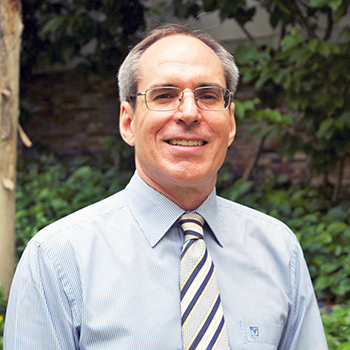
Paul Gallagher
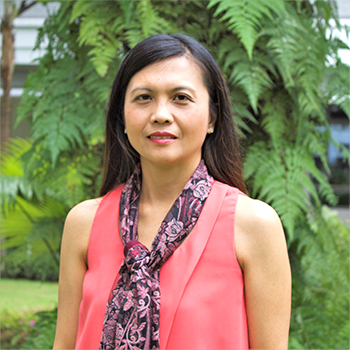
Suyin Chew
CIPE Advisors
All students will get to work closely with CIPE advisors who provide advising on specific programme areas; students can reach out to any CIPE advisor to learn more about these programmes or opportunities.
CIPE advisors are also available to discuss matters related to your personal and professional development regardless of whether these relate directly to CIPE programmes. These might include: clarifying your interests and goals; articulating your skills and experiences for an external audience; identifying next steps or post-graduate plans and determining opportunities that best fit your circumstances.
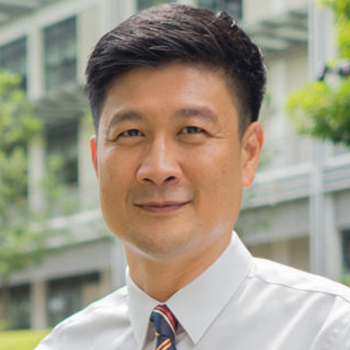
Norvin Ng
Career Services

Dorothy Fong
Career Services
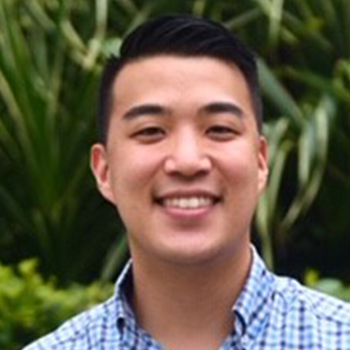
Benjamin Van Son
International Programmes

Eleen Tay
Career Services
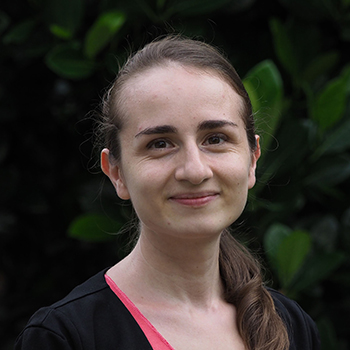
Zhana Sandeva
Leadership & Global Citizenship

Michelle Tan
Leadership & Global Citizenship
Pre-major Faculty Advisors
First-year students are assigned a pre-major faculty advisor. As far as possible, the Dean of Faculty strives to retain the student-faculty advisor pairing for the first two years of college until the student has declared a major. However, it is inevitable that some students will be switched to another faculty advisor before they declare a major due to sabbaticals and the fluctuating advising capacity of faculty in light of their other duties. It is likely that your pre-major advisor has different academic interests from your own. That is not a hindrance since the first two years of faculty advising are focused on acclimatising students to an academic and liberal arts culture.
Conversations with pre-major faculty advisors tend to concern adjustments to pedagogy of the liberal arts and sciences, the Common Curriculum, and deliberation on one’s major declaration. In order to connect with all of their advisees early each semester, faculty will initially meet with their advisees as a group in Week 4. Please be attentive to messages from your pre-major advisor and your Assistant Dean about the group advising session at the beginning of the semester.
What should you discuss with your pre-major faculty advisor? Here are some suggestions to get the conversation started:
- Explain why you chose Yale-NUS College. Did you have other college options?
- Speak of your academic interests but also your hobbies and activity outside of college.
- Mention which elective classes are of interest to you.
- Read up on your advisor on the faculty page.
- Ask them about their research and which of their classes are suitable for non-majors.
Major Advisors. In the semester after students have declared a major, they will be assigned a new faculty advisor. The role of the major advisor is to ensure that the major is the right one for you and to guide you in choosing the course requirements in the major that you need to graduate on time. Frequently, but not always, the faculty advisor will serve as your capstone supervisor in your final year.
Capstone Supervisor. The capstone supervisor, who is often but not always your major advisor in your senior year, helps you to craft a suitable research project for the capstone and will guide you through the thesis.
Residential Life Officers
The residential college has Residential Life Officers (RLOs) to provide an added layer of support and care. The RLOs devote much of their time to promoting well-being in residential living and supporting individual students in maintaining their health, finding health resources, and adjusting to college life. As professionals who are recent college graduates themselves, RLOs are well-placed to advise students on academic matters as well as the transition to life after college.
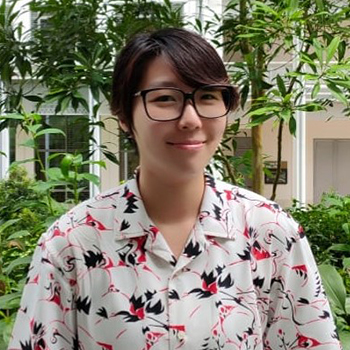
Gabriel Tang
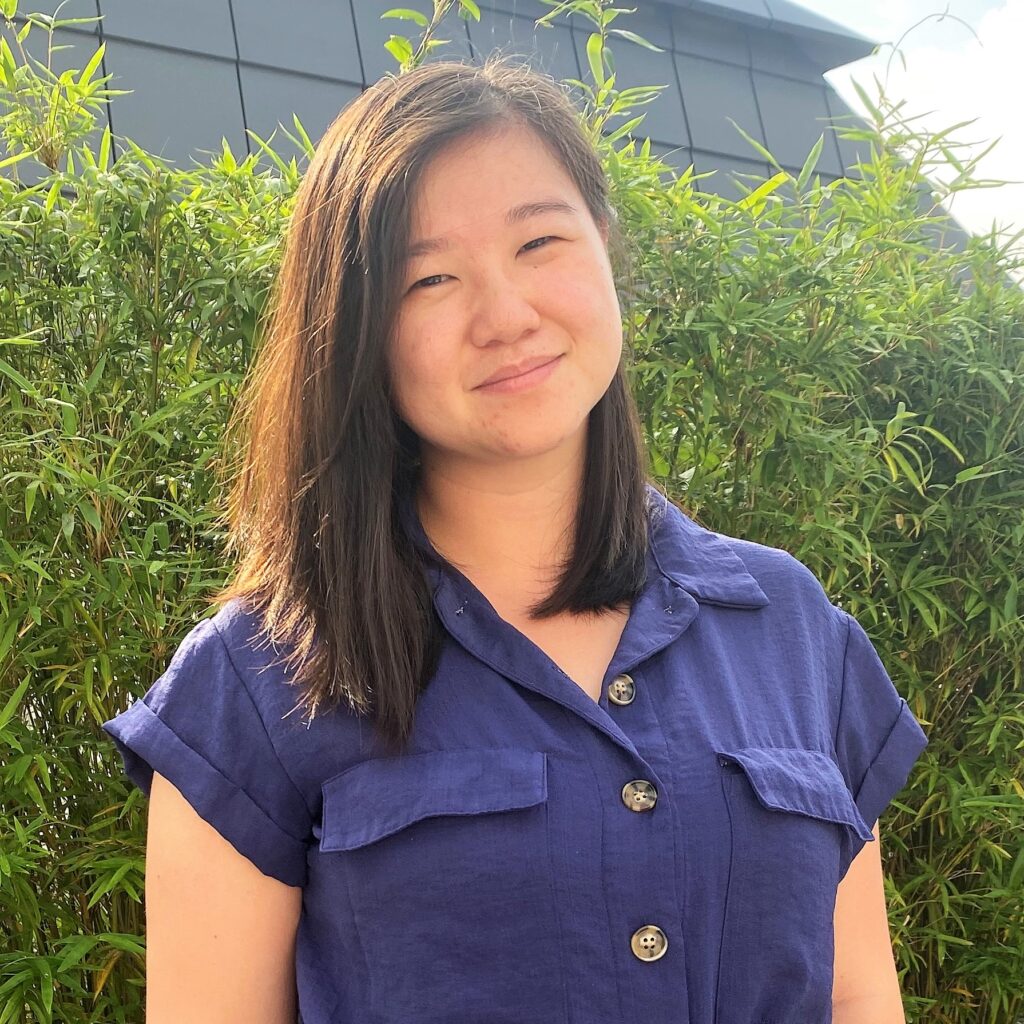
Chiaping Wen
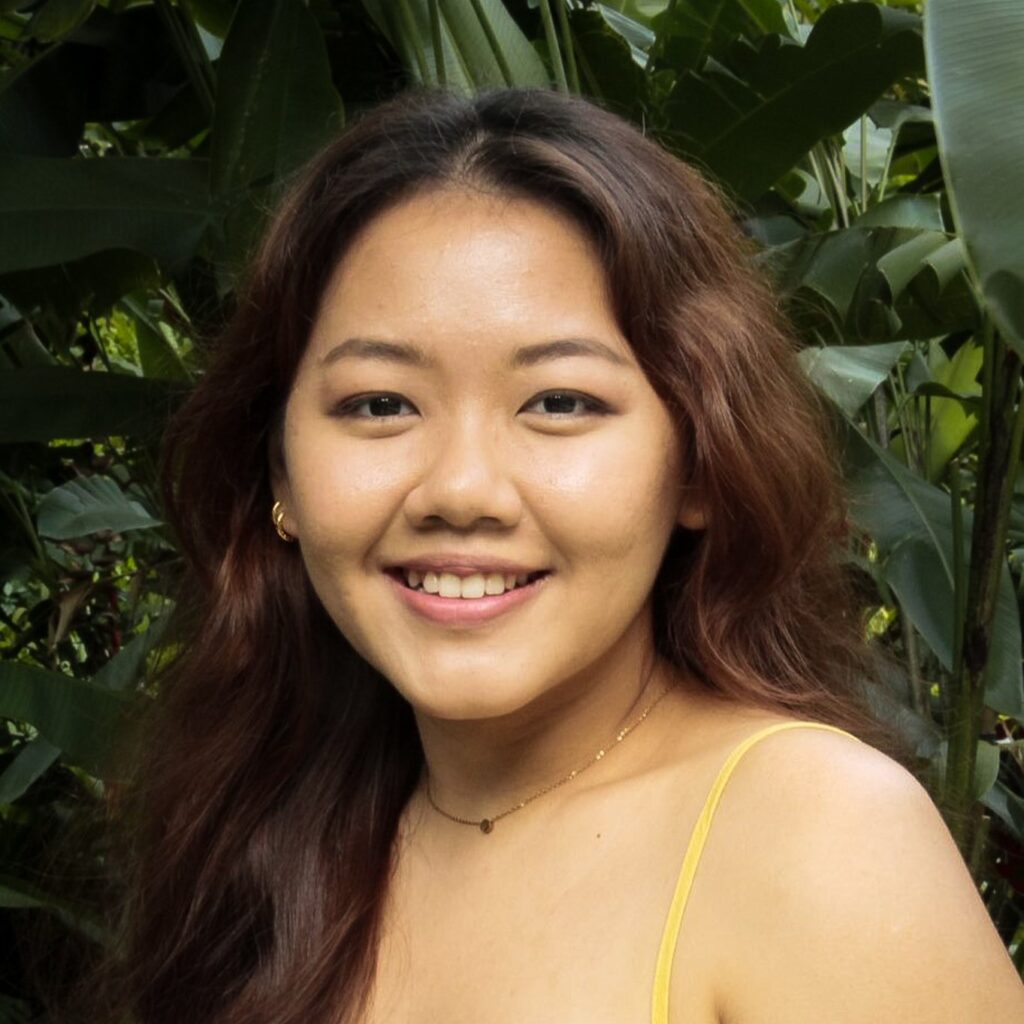
Yoon Thiri
Additional Support on Campus
There are additional opportunities on campus that provide additional support for students.

